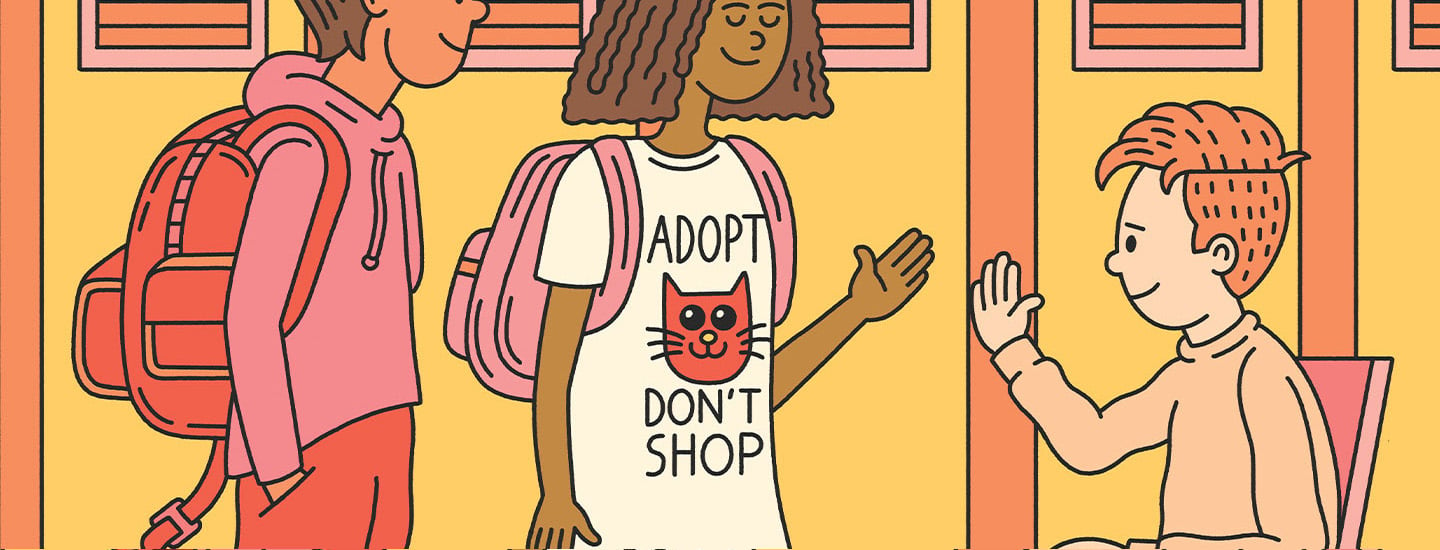You’re learning about the Bill of Rights in school, and the more you hear, the better you feel. The first 10 amendments to the U.S. Constitution protect all sorts of freedoms. And, over the past 200-plus years, lawmakers have safeguarded even more rights.
But on the way to your next class, you get sent to the office. Why? Your shirt violates the school’s dress code.
Wait a minute, you think. What about my rights? Can my school really tell me what I can wear?
The answer, it turns out, isn’t as clear as you might hope. You do have some rights at school, but in this situation and many others, the school’s rules usually stand. Federal law requires that all kids get an education, and public schools are entrusted to make that happen. So school officials have a lot of power to limit or ban behaviors, activities, and even clothing that might interfere with learning.
“The state has an important interest in children and teens’ education and in training them to be responsible citizens and participants in our community,” explains Catherine J. Ross, a constitutional law expert at George Washington University in Washington, D.C.
That doesn’t mean you don’t have any rights at school. But you might have fewer than you realized. Can you identify which rights you do have as a student and which you don’t—and why? Take this quiz to find out.

